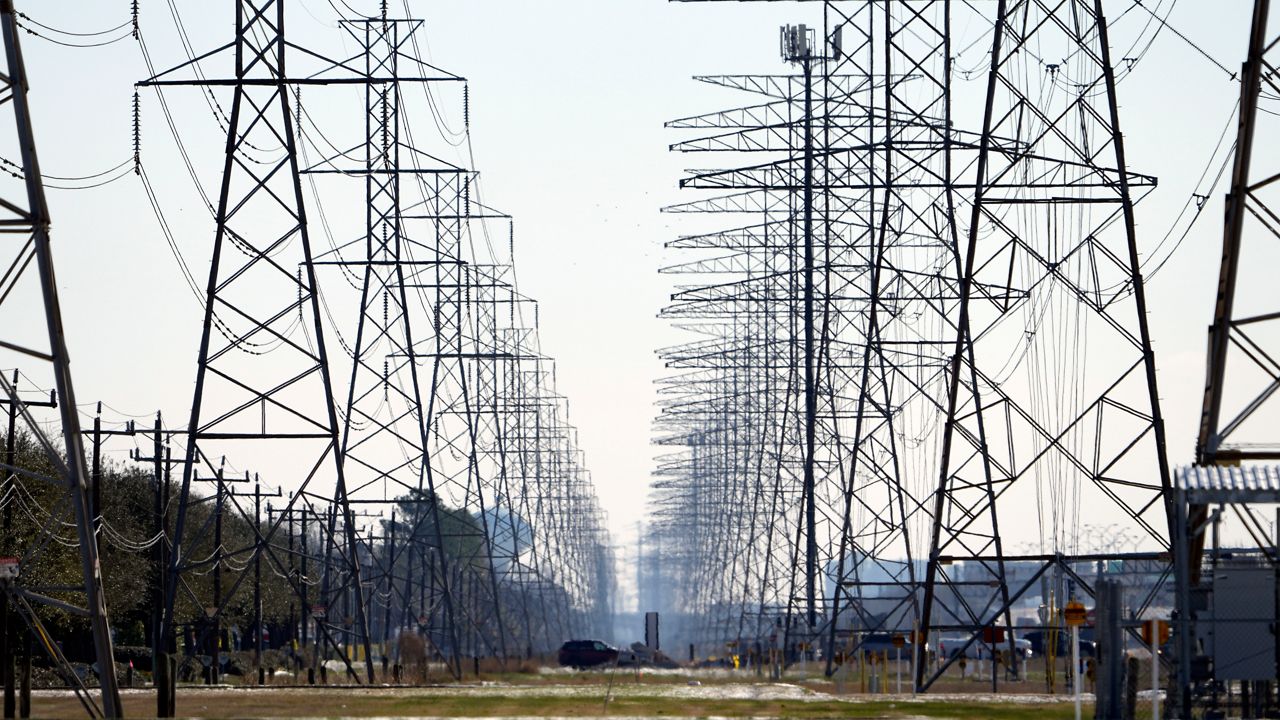AUSTIN, Texas — The Texas House preliminarily passed this session's two main winter storm bills Sunday. Both were crafted in response to the deadly statewide power outages in February that left millions of Texans without power for days.
Senate Bill 3 would require infrastructure upgrades to prepare for extreme weather. It also aims to improve the state's electricity supply chain and creates a statewide emergency alert system.
Rep. Chris Paddie, R-Marshall, is the author of the House version of the storm reform legislation. He said it's the chamber's main attempt to "try to address the failures, from wellhead to light switch" that left the state without power and led to the deaths of more than 150 people.
But some energy experts say the legislation doesn't go far enough to prevent a future power crisis.
“This bill really doesn't do anything except apply a few obvious Band-Aids to the situation," Ed Hirs, energy fellow at the University of Houston, told Capital Tonight recently. "It's all a way that the legislators can kind of say, 'yeah, we addressed it. We papered it.'”
Weatherization of natural gas wells, processing plants and pipelines would only be required if they wind up on an “electricity supply chain map” required by the sweeping power bill with rules set by the Public Utility Commission. In other words, only those parts of the natural gas industry that actually feed power generators would be required to weatherize.
“If you extend beyond that and you just say any old well out in West Texas, they may have nothing to do with the supply chain of electric generation and, in fact, may be one of 70,000-plus wells that are considered marginal wells,” Paddie said during debate Sunday. “If we all of a sudden blatantly say that you have to weatherize everything, all of a sudden you’ve made 70,000-plus marginal wells uneconomical, probably.”
Companies that are required to weatherize could face fines ranging from $5,000 to $1 million if they fail to comply.
Earlier Sunday, House members also advanced a measure requiring ERCOT board members to live in Texas. The board chairman would also be appointed by the governor and confirmed by the Texas Senate.
The House could give final approval to both measures Monday, sending them back to the Senate to either concur with the changes or head to a special committee to hash out the difference. The legislative session ends Memorial Day.



